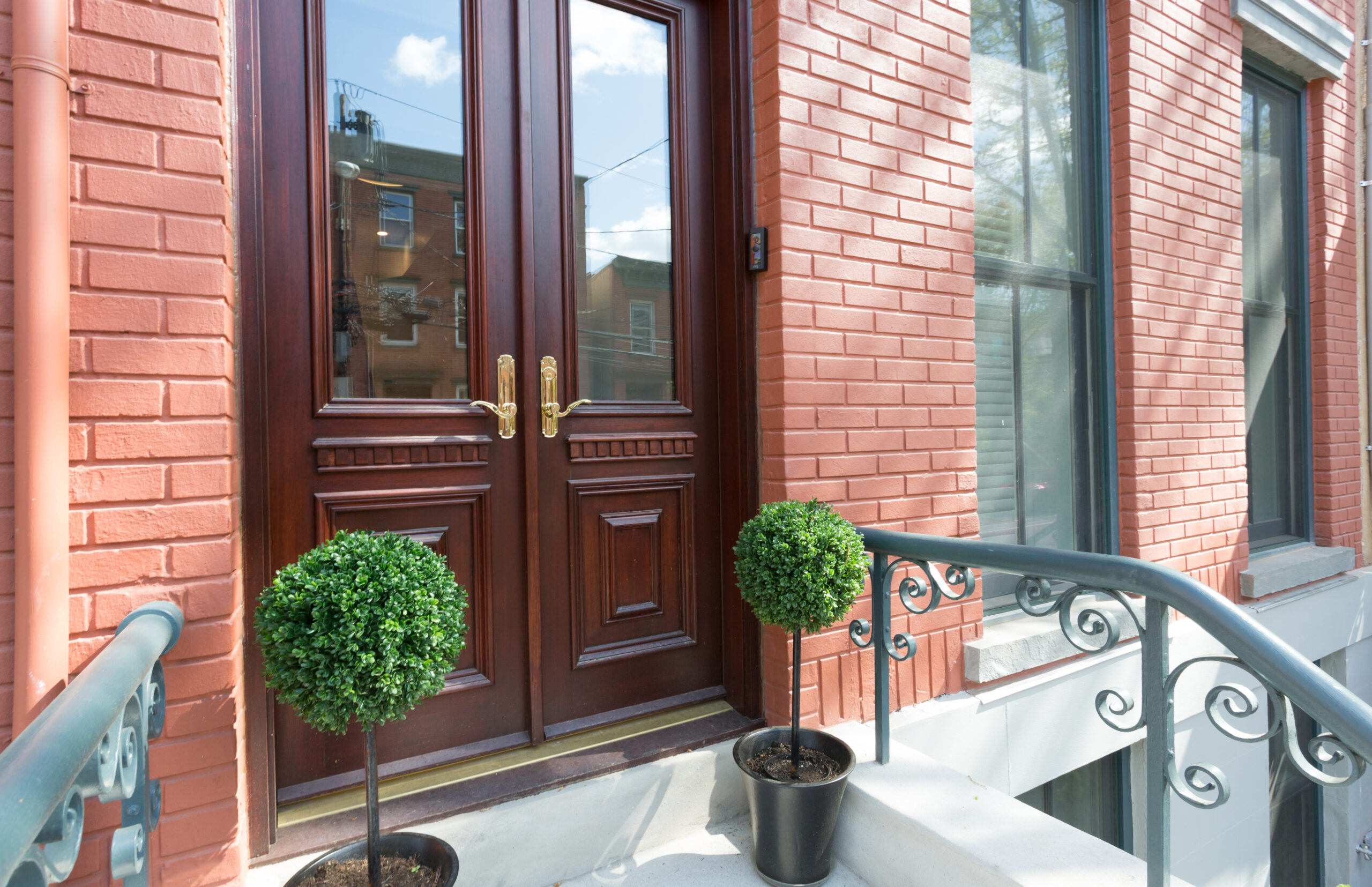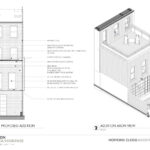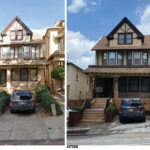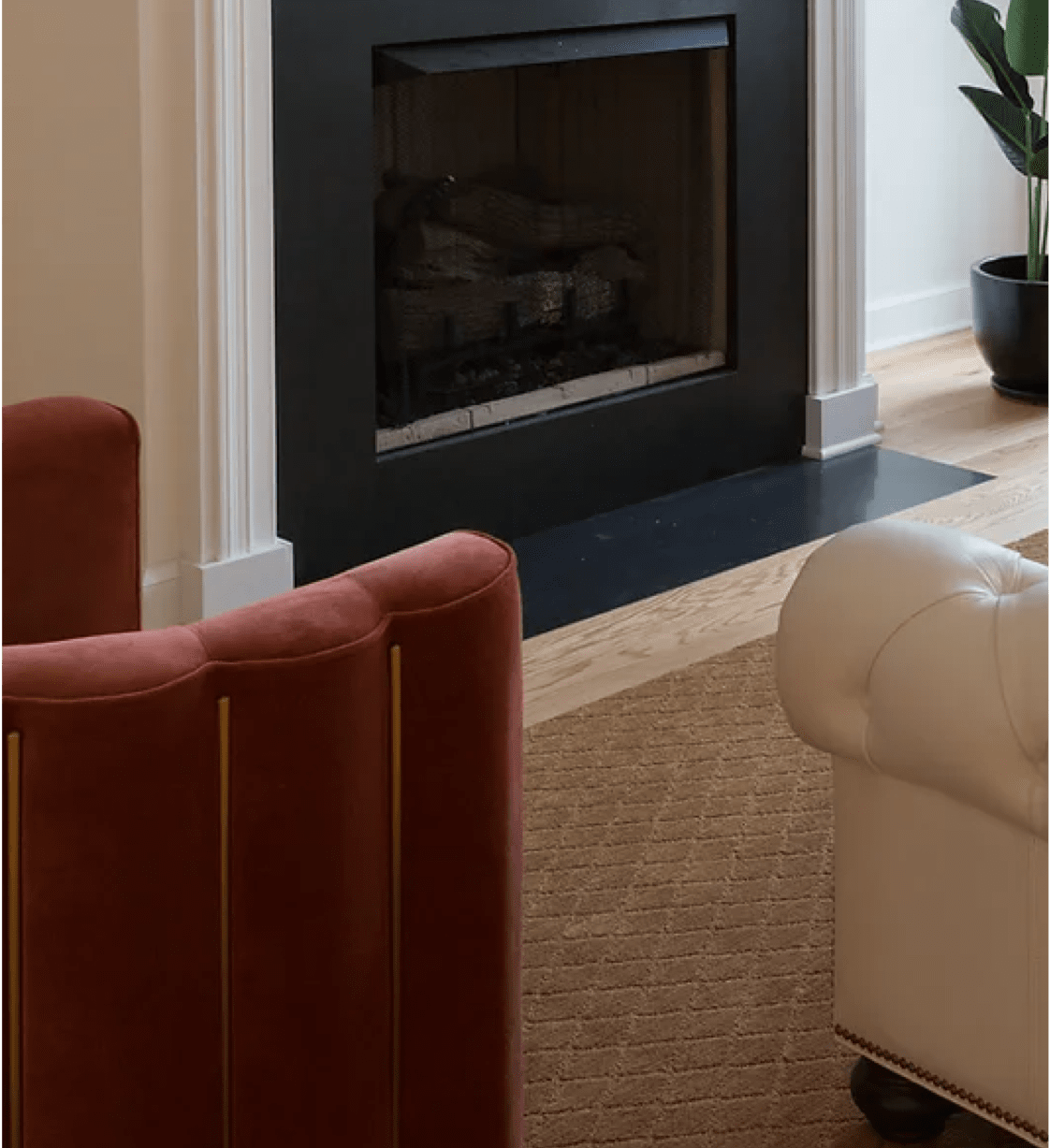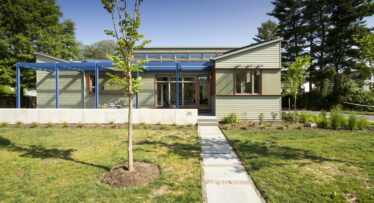Purchasing a historic or existing home can be an exciting venture, offering unique charm and character that modern properties often lack. However, it’s crucial to embark on this journey with careful consideration and due diligence.
Here are 10 essential factors to ponder before sealing the deal on a historic or existing home
- Historic Regulations and Zoning: Some older homes may have historical designation or be in historically designated neighborhoods. This can be both a pro and a con. The pros are that the entire neighborhood must abide by certain requirements to keep your home in a specific character. This also means large new developments are most likely not possible, which keeps the historic character and scale intact.
The Historic Commission or Zoning may require windows to be wood, ironwork, and brickwork to be repaired at a certain standard, and wood siding over vinyl siding to name a few. Some may consider this negative as approvals can take longer and there is typically an added expense, but it is also important to maintain the historic character of the neighborhood.
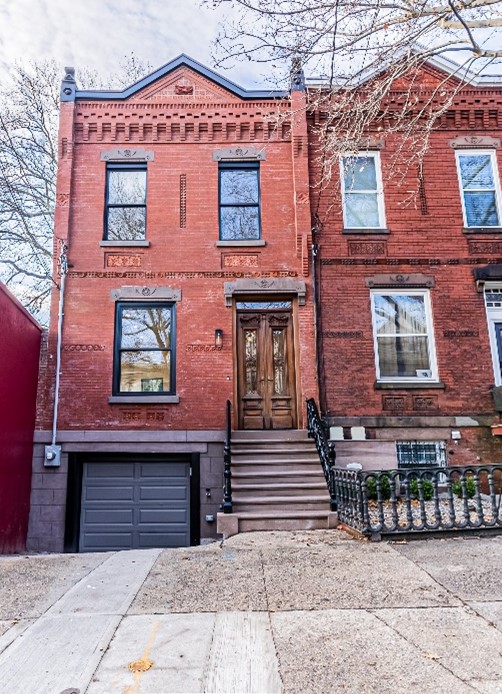
- The Structure of the Home: Some old homes can have some cracks and sag due to age, but how do you know it is a concern versus a major repair? Ensure a thorough inspection is conducted by a certified home inspector to evaluate the home’s foundation, walls, roof, and overall structural integrity. Suppose the home inspector has concerns it is vital to have an architect and/or structural engineer in to assess the structural integrity. In many cases, these can be simple fixes, or in some cases be costly investments. Having a professional uncover any issues before purchase is a smart thing to do!
- Maintenance and Repairs: It is always good to preserve and maintain the original features and materials whenever possible, if replacement is necessary, try to use materials that match the historic character of the home. Older homes might require more frequent repairs or upkeep due to aging systems, wiring, plumbing, and materials. Assessing these factors beforehand can prevent unforeseen costs that could lead to inconveniences like a failing A/C or HVAC system during peak winter or summer, having professionals address the necessary repairs is a crucial step to have a reliable house.

- Historic Tax Credits: Check if there are any tax incentives or credits available for the preservation or restoration of historic properties, some governments offer financial incentives to encourage the maintenance of historic homes.
- Energy Efficiency: Older homes might lack modern energy-efficient features. Consider the costs associated with upgrading insulation, windows, HVAC systems, lighting, and appliances to improve energy efficiency, which can impact long-term utility expenses. Many upgrades can be done to make an older home more energy efficient.

- Fire Safety: Older homes may have outdated wiring and heating systems, increasing the risk of fire hazards. Upgrading electrical systems and heating equipment as needed to meet current safety standards is an important investment. Additionally, exploring ways to integrate newer fire safety codes into the existing home is worth considering.
- Pest and Mold Concerns: All structures can be susceptible to pests like termites or issues like mold due to moisture retention if poorly designed, but due to age some older homes may be more susceptible. Conduct a comprehensive inspection to identify any existing problems or vulnerabilities. For pests, seal any entry points like gaps in the foundation, and openings in the siding, or repair damaged joists. For mold, be aware of damp locations address any water leaks, and keep the gutters clean and free of blockage.
- Lead Paint and Asbestos: Many historic homes were constructed using materials that are now considered hazardous, such as lead-based paint and asbestos. It is good to test and make sure to make informed decisions on how to remediate this if necessary.

- Budget Allocation: Create a realistic budget that encompasses not only the purchase price but also potential renovation costs, ongoing maintenance, and unexpected repairs that are more common in older properties. Professionals will try to prevent unexpected costly events, but it is always smart to be ready for it.
- Professional Guidance: Engage with experienced architects who focus on historic homes, their expertise can provide invaluable guidance throughout the buying process and subsequent ownership.

Already have a house in mind?
Purchasing a historic or existing home can be a rewarding venture, offering a unique living experience rich in character and history. However, thorough research, inspections, and professional guidance are essential to ensure a successful and satisfying homeownership experience.
Remember, each home is unique, so take the time to understand the property’s specific quirks and charm before deciding. Ultimately, the right home can offer not just a dwelling but a piece of history to cherish for years to come. If you are looking at existing homes in the Hudson County area, reach out to us for a Pre-Purchase walkthrough assessment to help guide you through this process.
If you are looking at homes in the Hudson County area, reach out to us for a Pre-Purchase walkthrough assessment to help guide you through this process.
